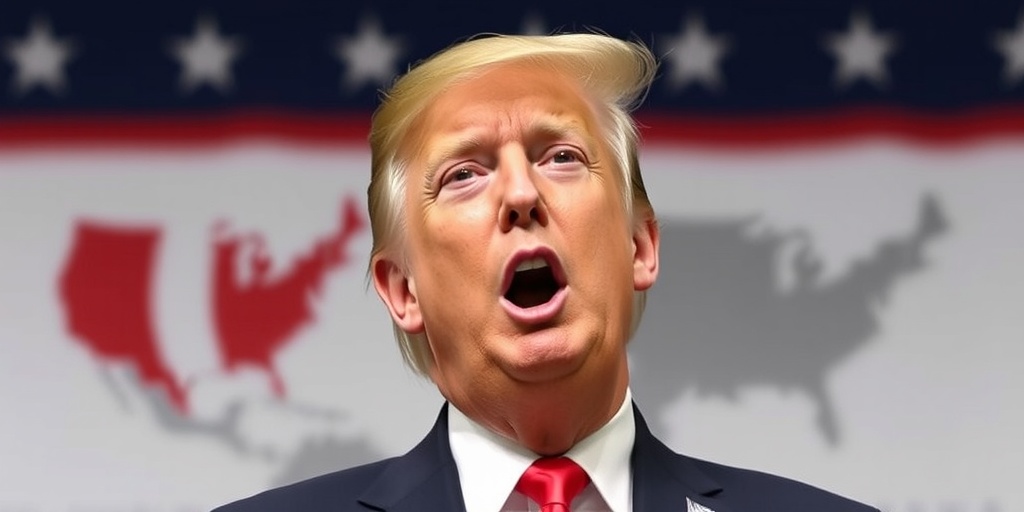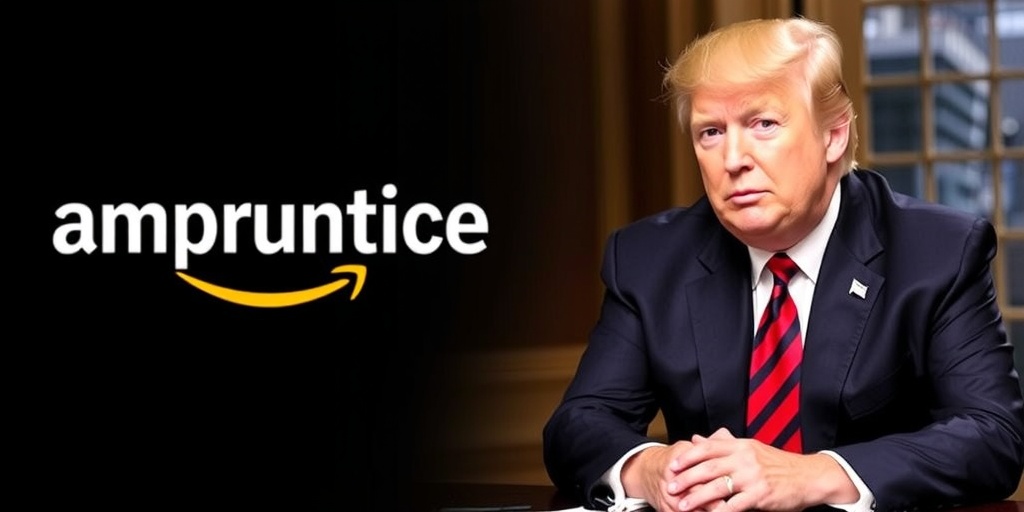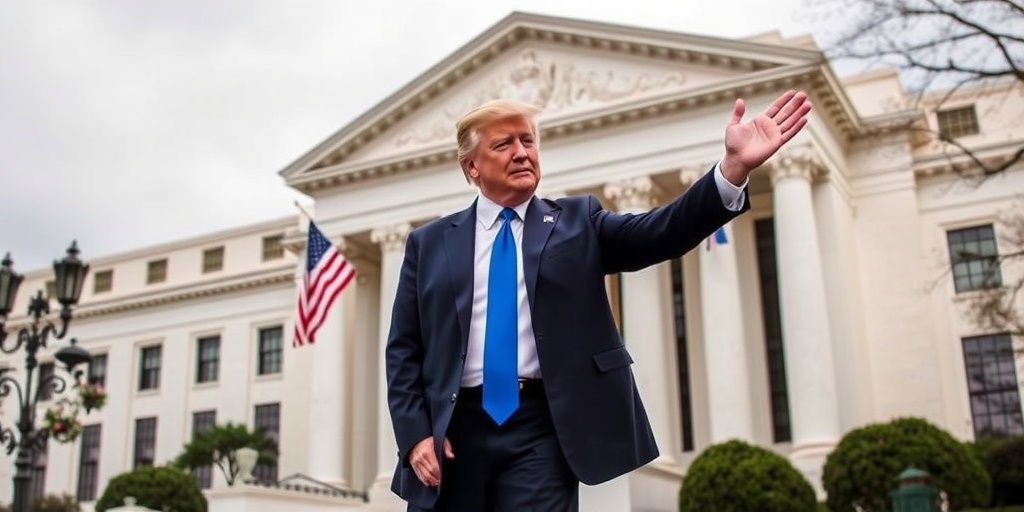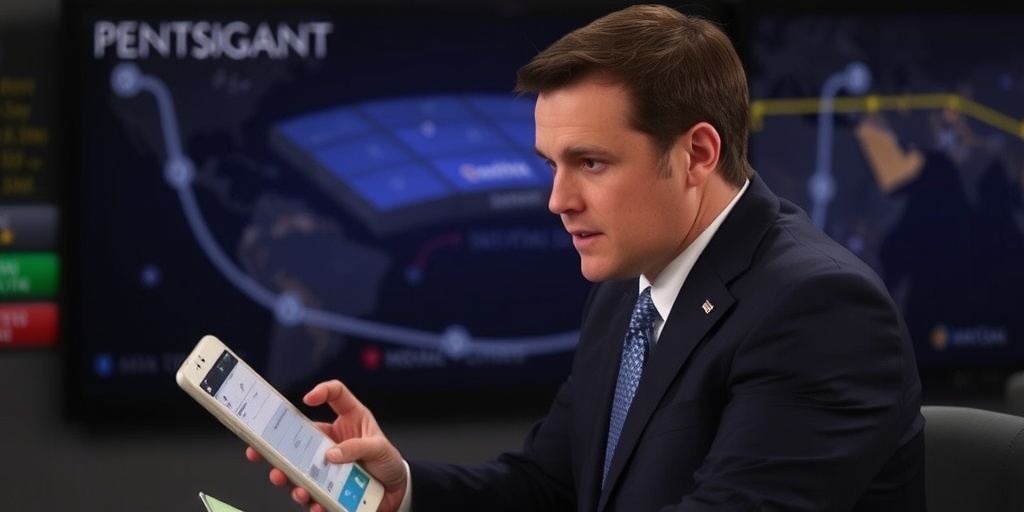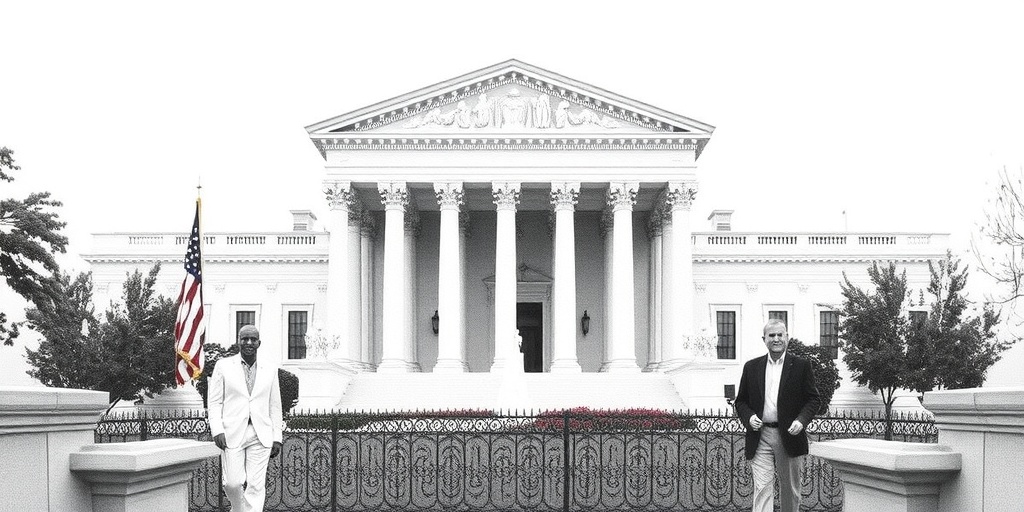Now Reading: Justice Dept. to Restore Mel Gibson’s Gun Rights
-
01
Justice Dept. to Restore Mel Gibson’s Gun Rights
Justice Dept. to Restore Mel Gibson’s Gun Rights
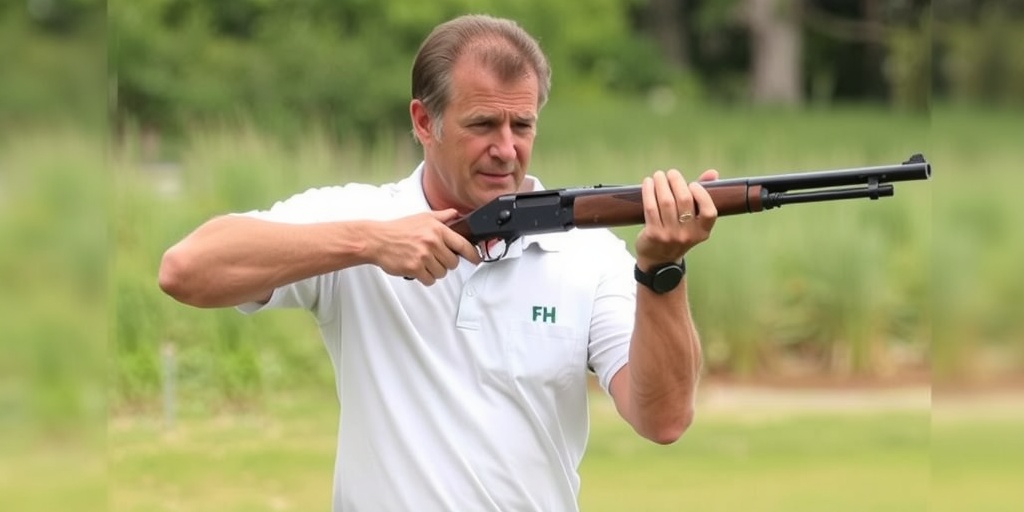
Title: Mel Gibson’s Gun Rights Restored Amid Controversy
In a significant move, the U.S. Department of Justice has decided to restore actor Mel Gibson’s rights to own firearms, concluding a contentious debate that had previously unsettled high-ranking officials within the department. This decision also extends to nine other individuals, as confirmed by sources familiar with the matter who chose to remain anonymous due to concerns about potential retribution.
Attorney General Pam Bondi sanctioned the decision, which is slated for publication in The Federal Register soon. A spokesperson for the Justice Department did not comment immediately when approached for clarification on the matter.
Previously, the department’s pardon attorney, Elizabeth G. Oyer, had expressed reservations about recommending Gibson’s inclusion on a list of individuals eligible for gun rights restoration due to his criminal history. Oyer, who was fired by the Trump administration last month, reportedly found herself caught in a tug-of-war with her superiors over the matter. During her tenure, she resisted external pressures to support Gibson’s request, noting concerns over his past conviction for domestic violence. In 2011, Gibson pleaded no contest to a misdemeanor battery charge involving his former girlfriend, which raised significant safety concerns regarding the restoration of his gun rights.
In an interview with The New York Times following her dismissal, Oyer revealed that a departmental official had attempted to sway her decision, suggesting that Gibson’s personal relationship with President Trump might warrant leniency. Shortly after this exchange, Oyer, along with several other senior Justice Department attorneys, was abruptly let go. However, a senior official dismissed the idea that her firing was directly linked to the disagreement over Gibson’s case.
Oyer maintained that her resistance was grounded not in politics but in the implications of allowing someone with a history of domestic violence to possess firearms. She emphasized her deep concerns about public safety, stating that these issues transcended political affiliations and relationships.
While the Justice Department’s decision now allows Gibson the potential to reclaim his firearm privileges, various state laws could still impose restrictions. For instance, Nevada law prohibits individuals convicted of felonies from owning guns; however, Gibson’s misdemeanor conviction does not fall under this category. Advocates suggest that this could pave the way for Gibson, who has encountered challenges in acquiring firearms in the past, to eventually secure the right to own a weapon.
The Trump administration’s move to restore gun rights to Gibson is indicative of a broader trend among conservatives seeking to reconsider the regulations surrounding firearm ownership for people with prior convictions. Last year, the U.S. Supreme Court upheld regulations that restrict firearm access to individuals facing domestic violence restraining orders, yet President Trump recently called for a review of federal gun policies with the goal of easing restrictions and facilitating the reinstatement of rights for certain individuals.
The Justice Department has unfolded new regulations aimed at allowing some individuals with criminal backgrounds the opportunity to regain their gun rights. This move aims to balance public safety concerns with the promise of restoring rights to those who have demonstrated rehabilitative behavior. The department has indicated that a rigorous evaluation will determine which gun rights can be restored, taking into account a combination of factors, including the nature of past criminal activity and subsequent law-abiding conduct.
Furthermore, the existing procedural framework allocates to the Bureau of Alcohol, Tobacco, Firearms and Explosives the authority to restore gun rights to specific individuals. However, since 1992, congressional appropriations bills have obstructed the agency from exercising this power fully. The newly implemented interim rule ostensibly reassigns this authority to the attorney general, who may delegate it to other Justice Department entities.
Reactions to these changes have varied, underscoring the ongoing national debate surrounding gun rights and public safety. Gun Owners of America, a pro-gun lobbying group, has hailed the interim rule as a "significant advancement" toward loosening firearms restrictions for those who have faced legal challenges in the past. Conversely, Kris Brown, president of the gun control advocacy organization Brady, denounced the rule as a "blatant and dangerous power grab" by the Trump administration and a preferential treatment for donors in the gun industry.
This development exemplifies the administration’s ongoing struggle to negotiate the complex interplay of criminal justice reform, political influence, and firearm ownership rights at a time when gun laws continue to provoke passionate discourse across the United States. As discussions evolve and new regulations take effect, the implications reach far beyond individual cases, touching on the very fabric of American society and its approach to gun ownership.
Stay Informed With the Latest & Most Important News
Previous Post
Next Post
-
 01New technology breakthrough has everyone talking right now
01New technology breakthrough has everyone talking right now -
 02Unbelievable life hack everyone needs to try today
02Unbelievable life hack everyone needs to try today -
 03Fascinating discovery found buried deep beneath the ocean
03Fascinating discovery found buried deep beneath the ocean -
 04Man invents genius device that solves everyday problems
04Man invents genius device that solves everyday problems -
 05Shocking discovery that changes what we know forever
05Shocking discovery that changes what we know forever -
 06Internet goes wild over celebrity’s unexpected fashion choice
06Internet goes wild over celebrity’s unexpected fashion choice -
 07Rare animal sighting stuns scientists and wildlife lovers
07Rare animal sighting stuns scientists and wildlife lovers













